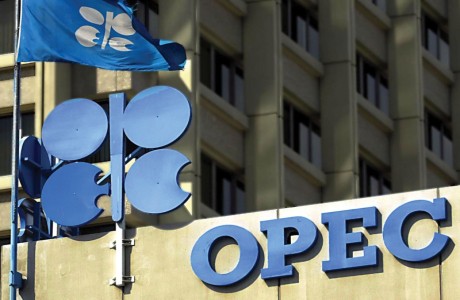The Organization of the Petroleum Exporting Countries (OPEC) boosted its crude output by 130,000 barrels per day (b/d) in August to pump an average 30.13 million b/d throughout the month, according to the Platts monthly survey of OPEC and oil industry officials and analysts.
“OPEC needed to produce every barrel it could during these last six months to account for the lost Libyan crude. The market awaits the return of that oil, on a timetable that can only be guessed at,” said John Kingston, Platts global director of news. “If that oil comes back online at a relatively rapid pace, other countries are going to need to make way for that oil, or OPEC is going to need to hope that global demand proves resilient, even as western countries continue to struggle with weak economies.”
Increases of 220,000 b/d were partly offset by reductions of 90,000 b/d. The single biggest increase came from Nigeria, whose production rose by 140,000 b/d to 2.3 million b/d. Other smaller increases came from Algeria, Iraq, Saudi Arabia and the United Arab Emirates.
Angola, where several older deepwater fields are in decline, saw output fell by 20,000 b/d in August. But output has been rising again as production increases from Total’s Pazflor field, which started up earlier than expected on August 26, and is projected to reach its full capacity of 220,000 b/d in the coming months.
Libyan production fell to negligible volumes in August but efforts have begun to restore output to pre-revolution levels of 1.6 million b/d.
Nouri Berruien, chairman of Libya’s National Oil Corporation, said last week that he expected that country’s crude production to reach between 800,000 b/d and 1 million b/d in five or six months’ time and to recover to between 1.4 and 1.6 million b/d within 15 months.
OPEC is currently operating without oil production quotas. It failed to agree on quotas at its June 8 meeting in Vienna when Iran and several other member countries opposed a Saudi proposal to increase production to meet expected higher demand in the second half of the year.
The previous agreement, from which Iraq was excluded and which set an output target of 24.845 million b/d for the other 11 members (OPEC-11), had been in effect since the beginning of 2009. It had become largely notional as rising oil prices encouraged higher production.
Saudi Arabia had wanted OPEC to use estimated actual production as the baseline for a 1.5 million b/d production increase rather than the 24.845 million b/d target for the so-called OPEC-11. It has said it would ensure that world oil markets were not left short.
OPEC’s next meeting is scheduled for December 14 in Vienna.



